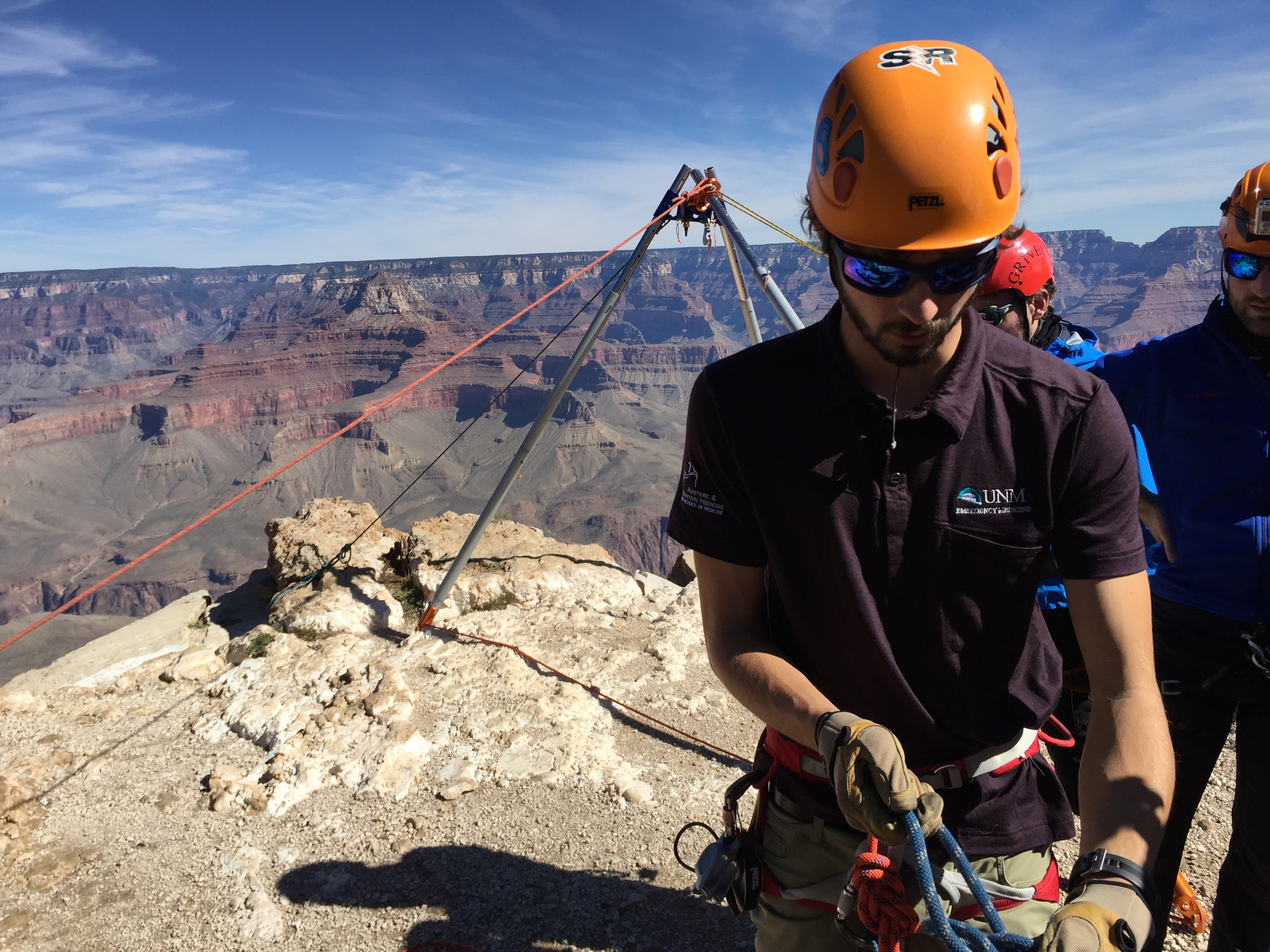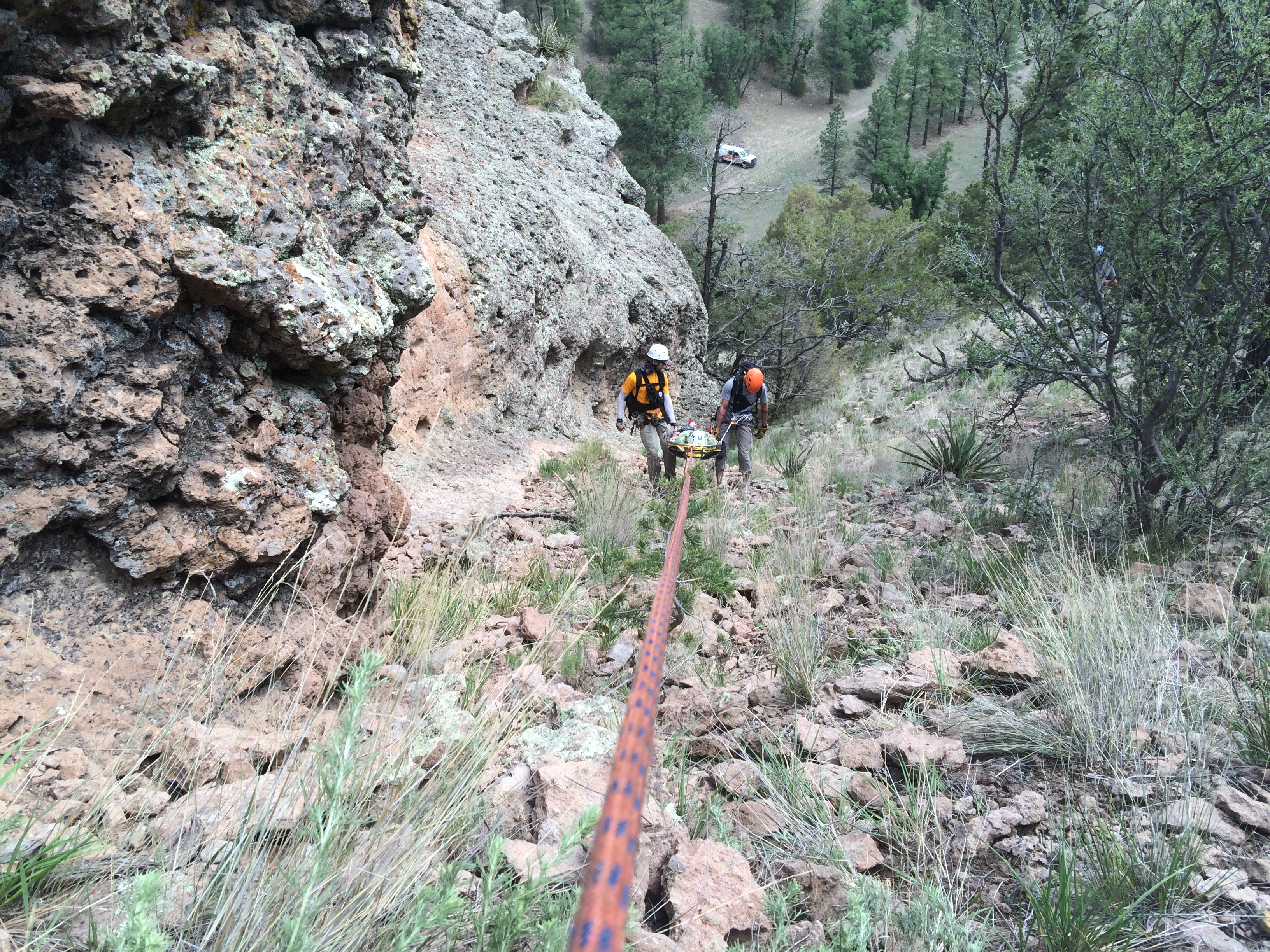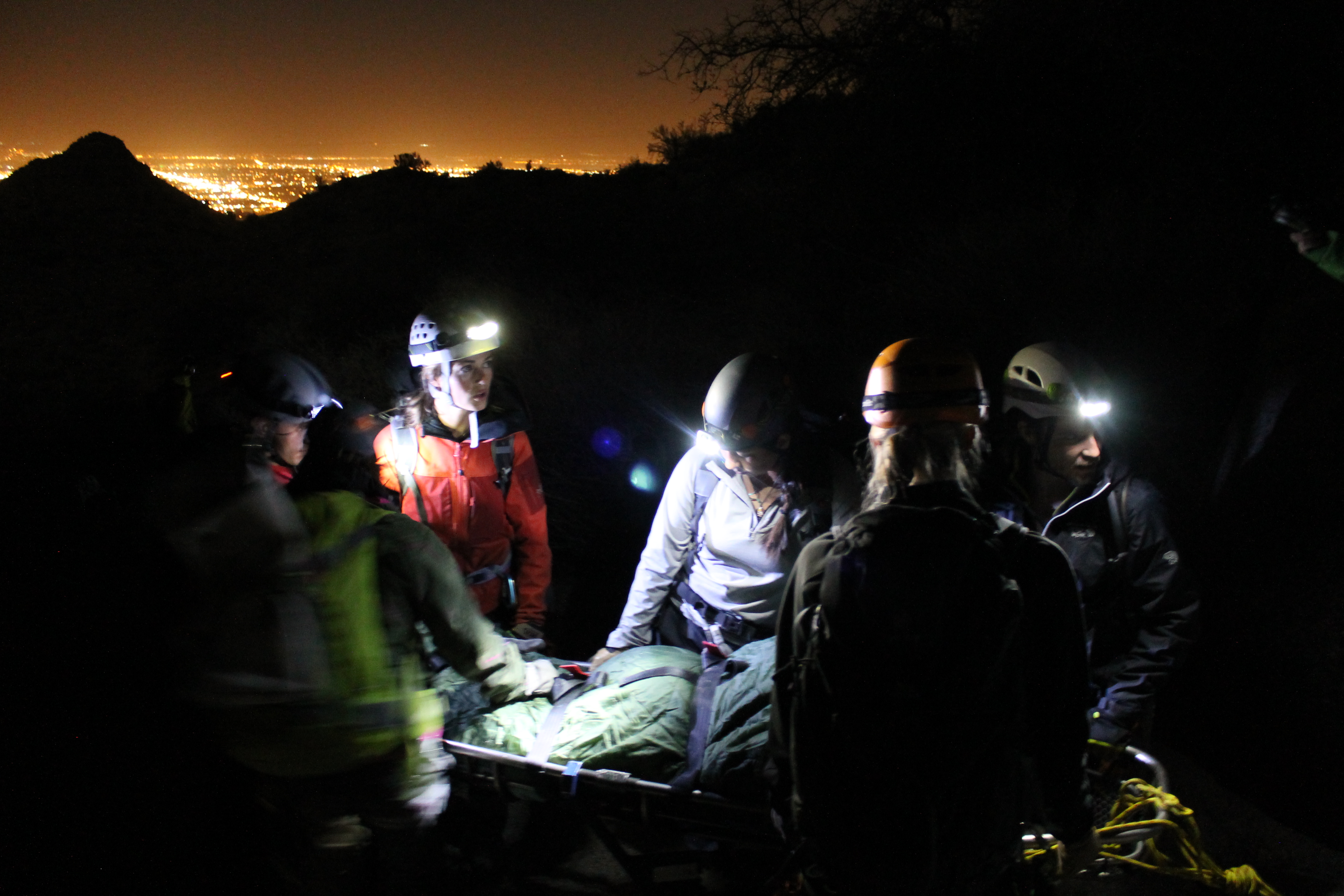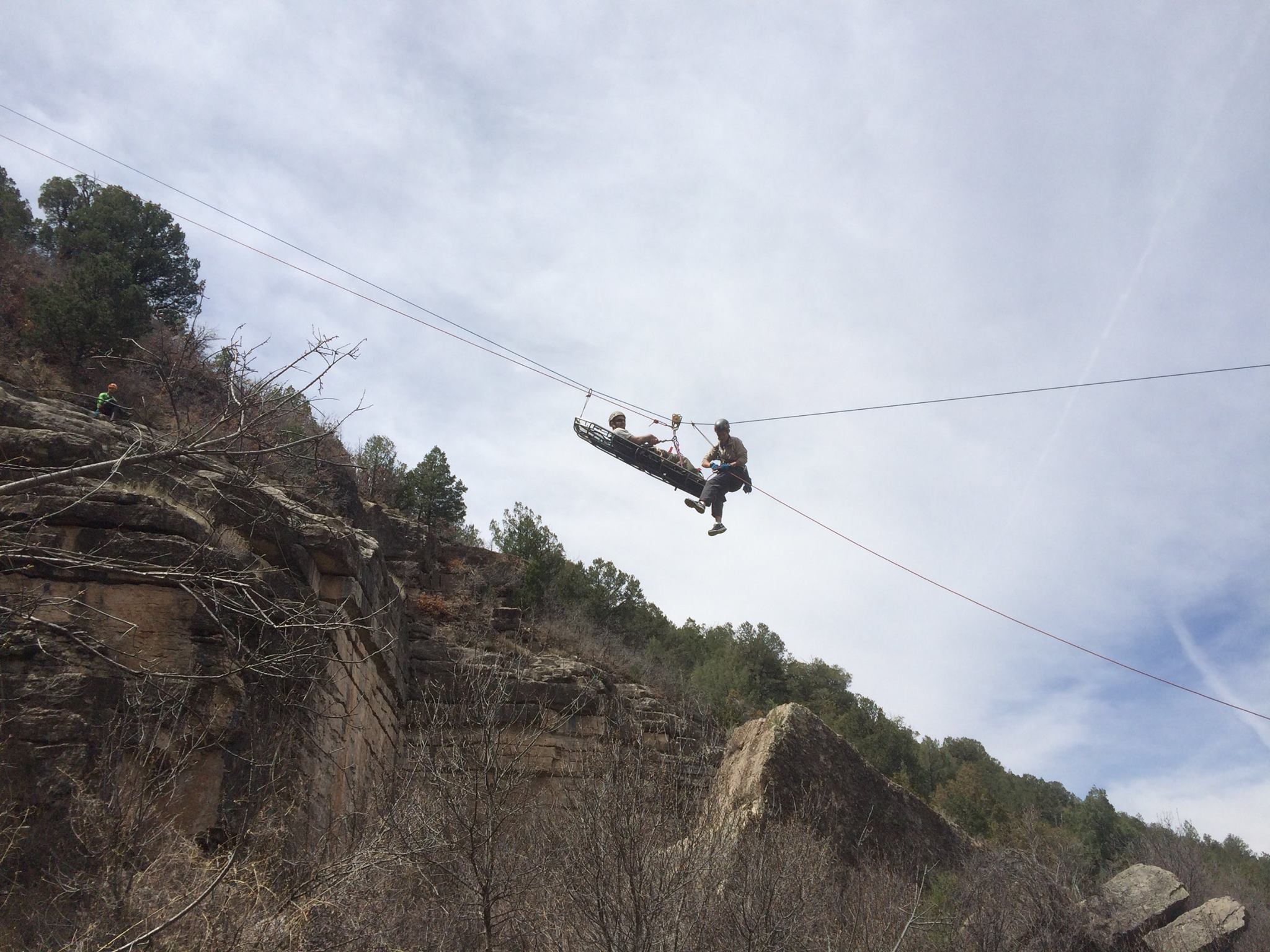Program Provides Research Opportunities for Undergraduate Students
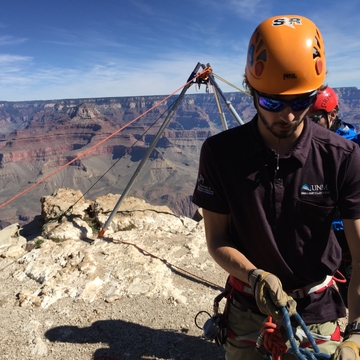
Heading outdoors for a springtime adventure? Be prepared
Feeling the pull of the Sangre de Cristo mountains? Well, before you lace up your hiking boots for a springtime adventure in the woods, don't forget to prepare, prepare, prepare.
So says Trevor Mayschak, a lecturer and paramedic with the UNM School of Medicine's International Mountain Medicine Center, which holds classes to educate the public on how to prepare for emergencies in the outdoors.
No one wants to get injured while on an outdoors adventure. If it happens, though, the right training and preparation can help the situation - from stings and bites to scrapes and sprains.
Mayschak, who leads training for search and rescue volunteers, doctors, nurses and anyone who wants to know how to handle an emergency while on a camping trip, rock-climbing excursion or other outdoorsy activity, offers the following advice:
- The No. 1 tip is - you guessed it - be prepared, Mayschak says. "Preparation is kind of the key."
- Share the game plan. Tell someone - a loved one, a neighbor, a friend - exactly what you're going to do, where you're headed and when you're coming home. It's wise to share that information so that if you get into trouble, "someone's keeping tabs on that" for you and can call for help if you haven't returned home when you're supposed to.
- Google the "Ten Essentials," which lists the perennial must-bring-along-items (extra water, extra snacks, first aid kit, etc.) for even a short trek, whether in the foothills or along the Rio Grande.
- He strongly suggests packing for changing weather conditions.
- Bring a light source, such as a headlamp, in case night arrives sooner than you anticipated.
To learn even more, Mayschak recommends signing up for one of the following courses, which are taught online and in the field:
- Wilderness First Aid teaches students how to handle an emergency in the wilds.
- The Wilderness First Responder is for outdoors enthusiasts who might find themselves in a dangerous situation, from anthropology students working at a remote site to rock-climbers and hikers.
- The Diploma in Mountain Medicine trains advanced life support medical providers to adapt their medical practice to the rescue setting. It's one of 20 accredited programs worldwide, and 1 of only 3 programs in the United States, he says.
